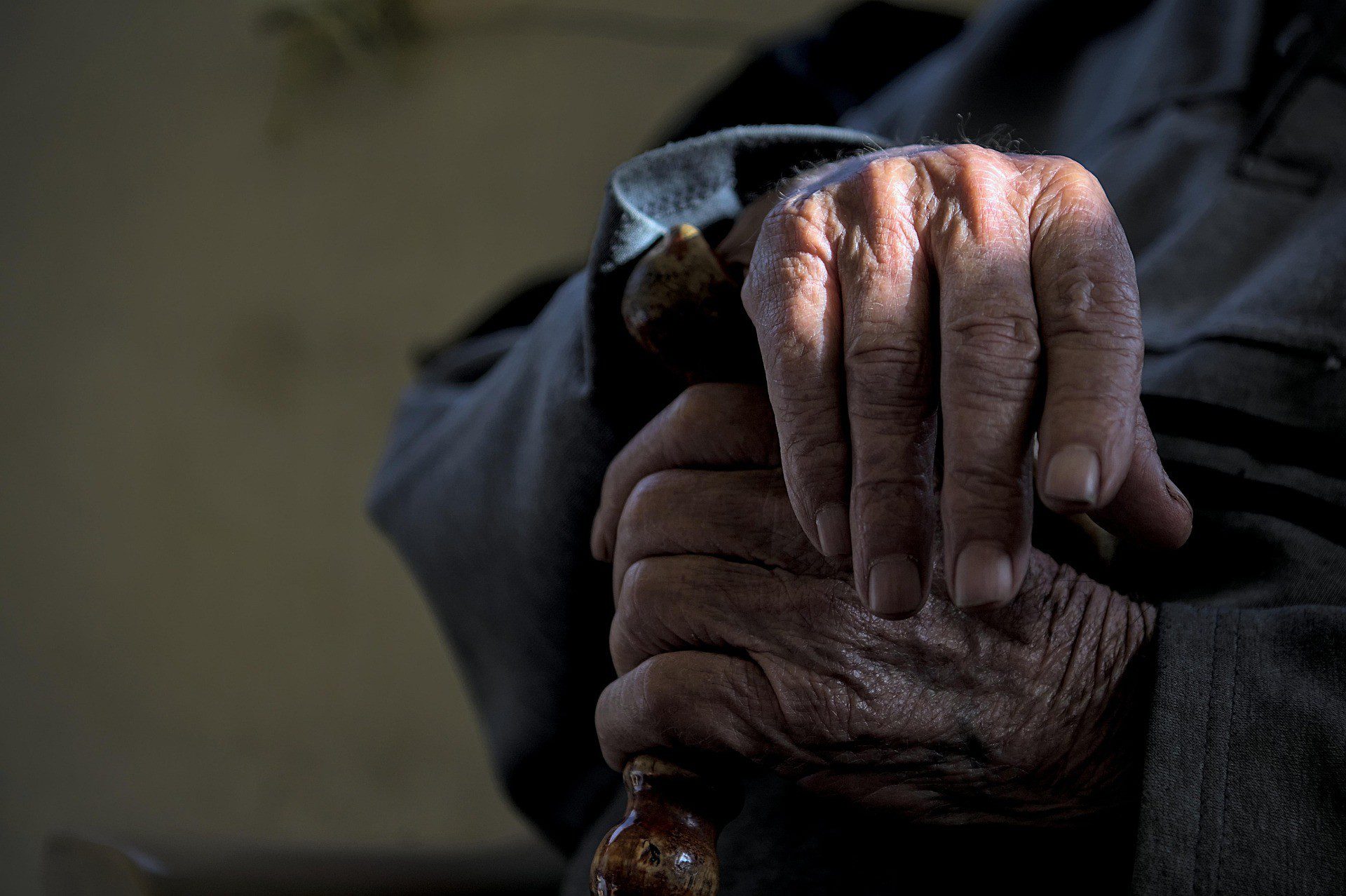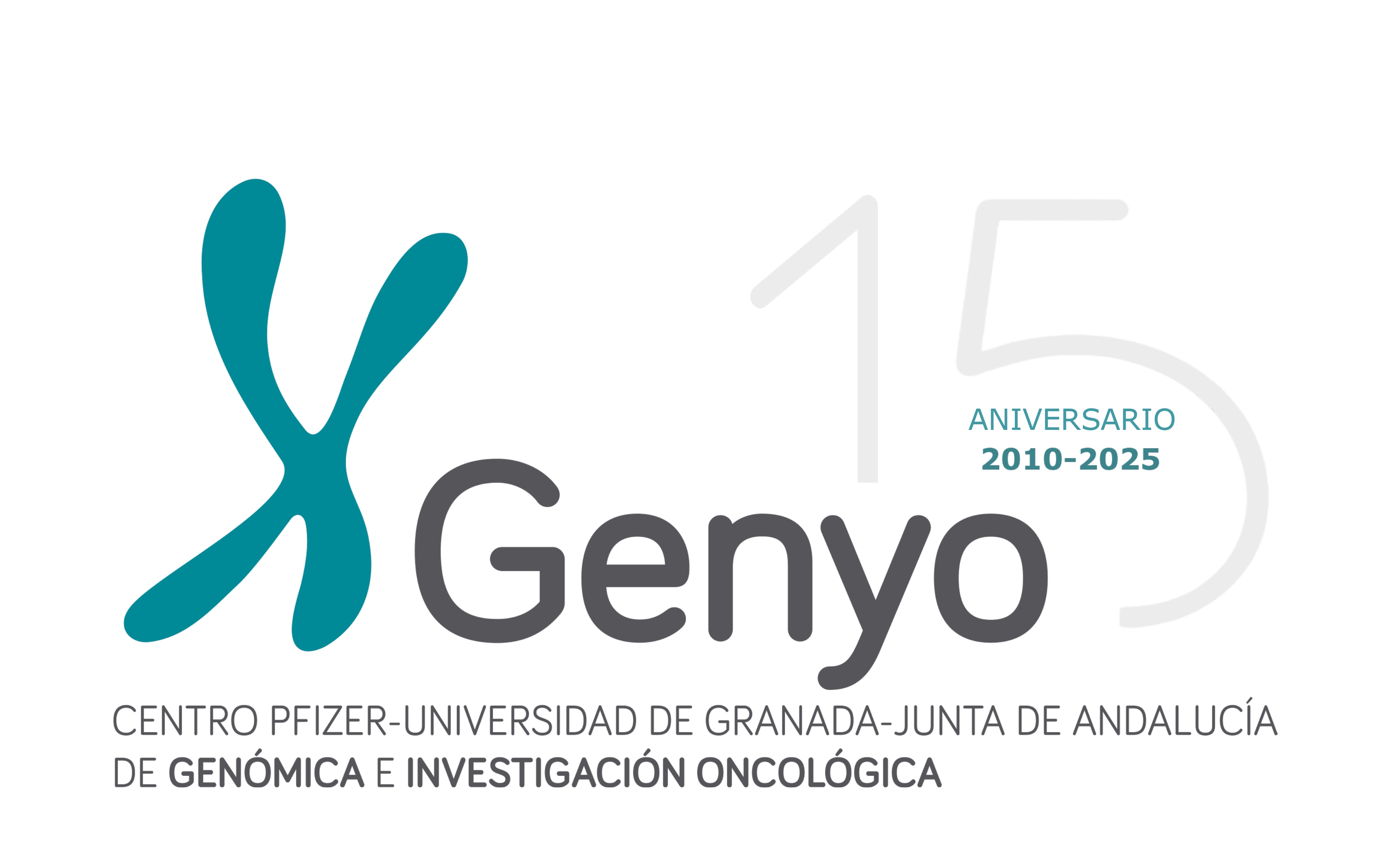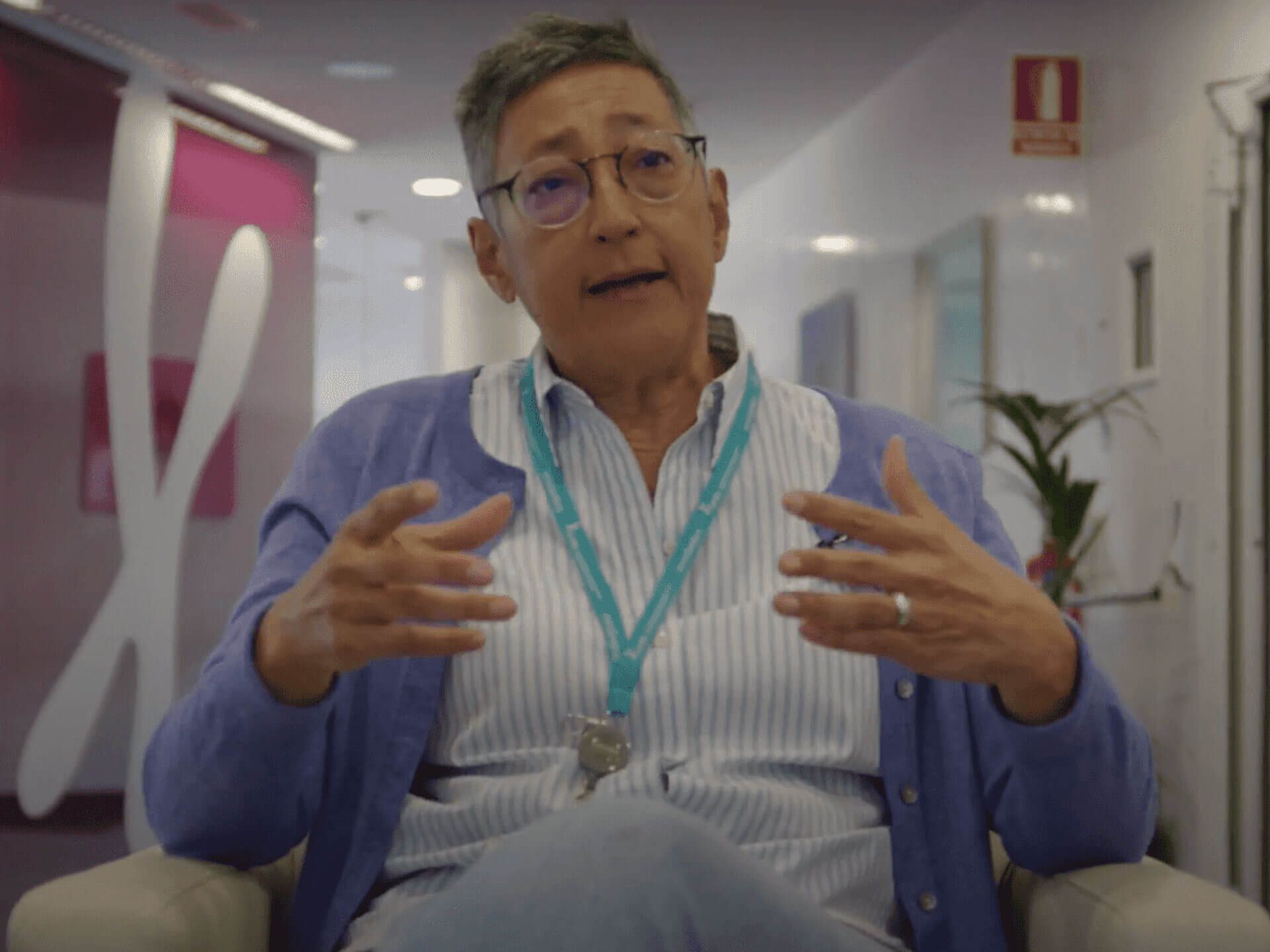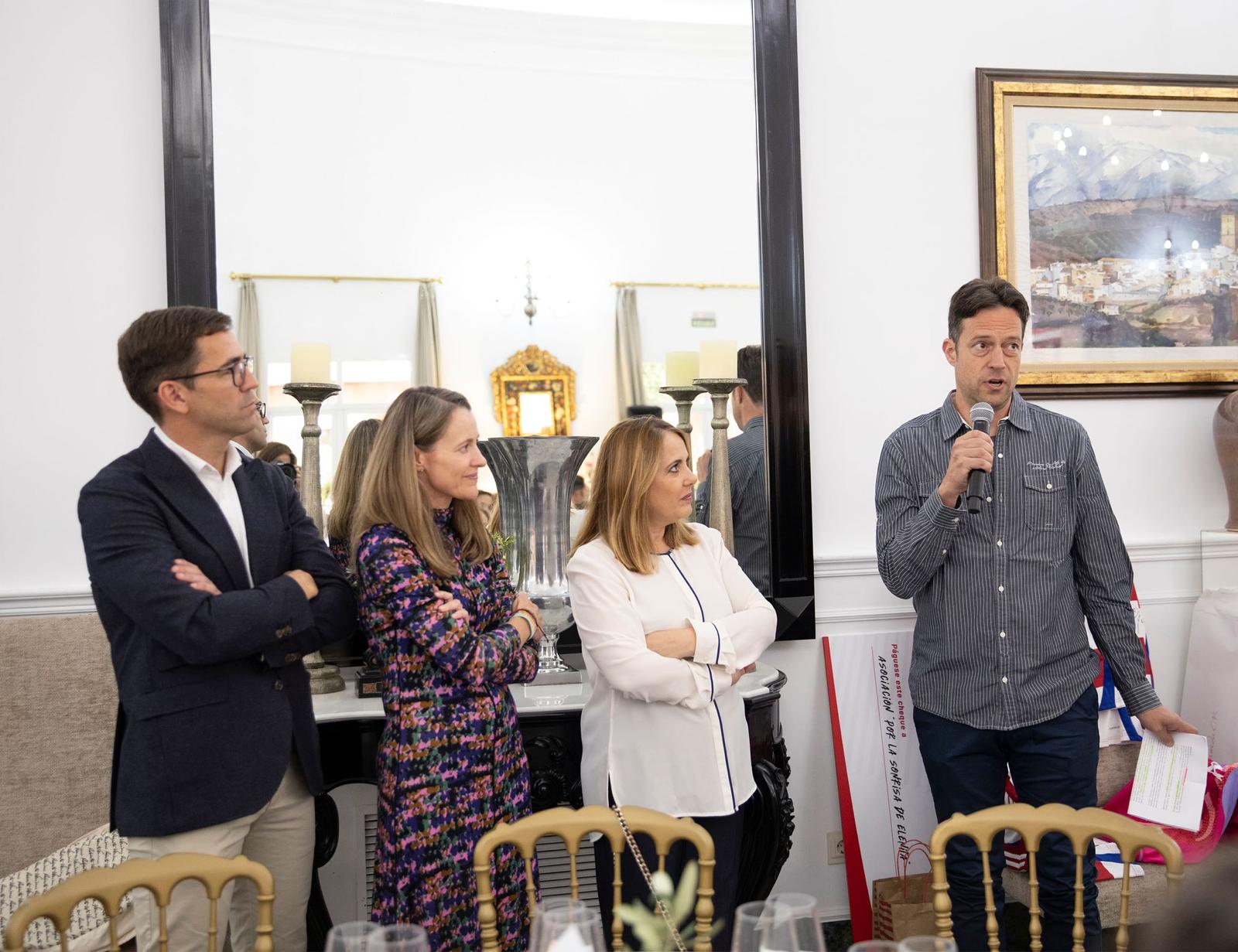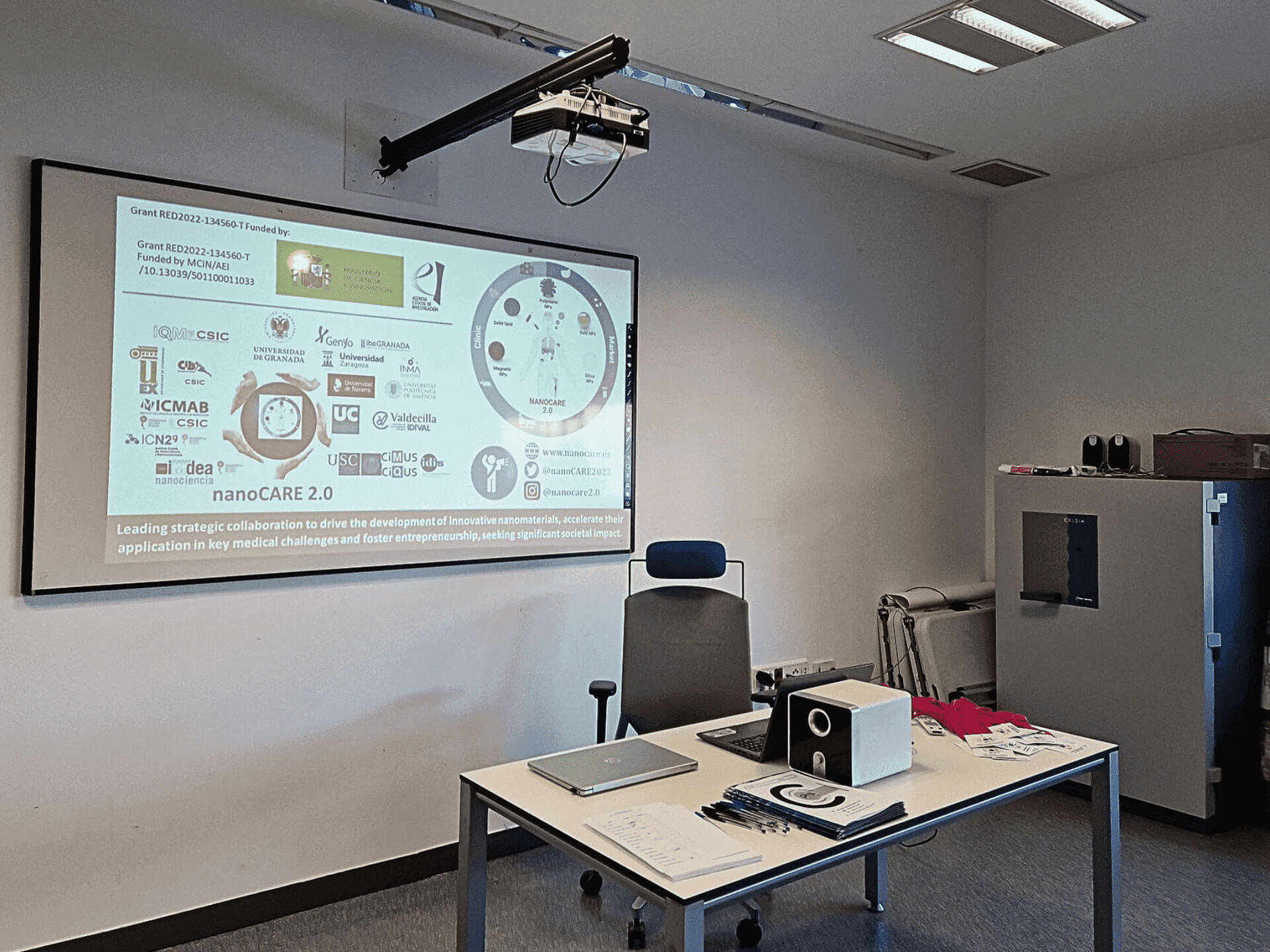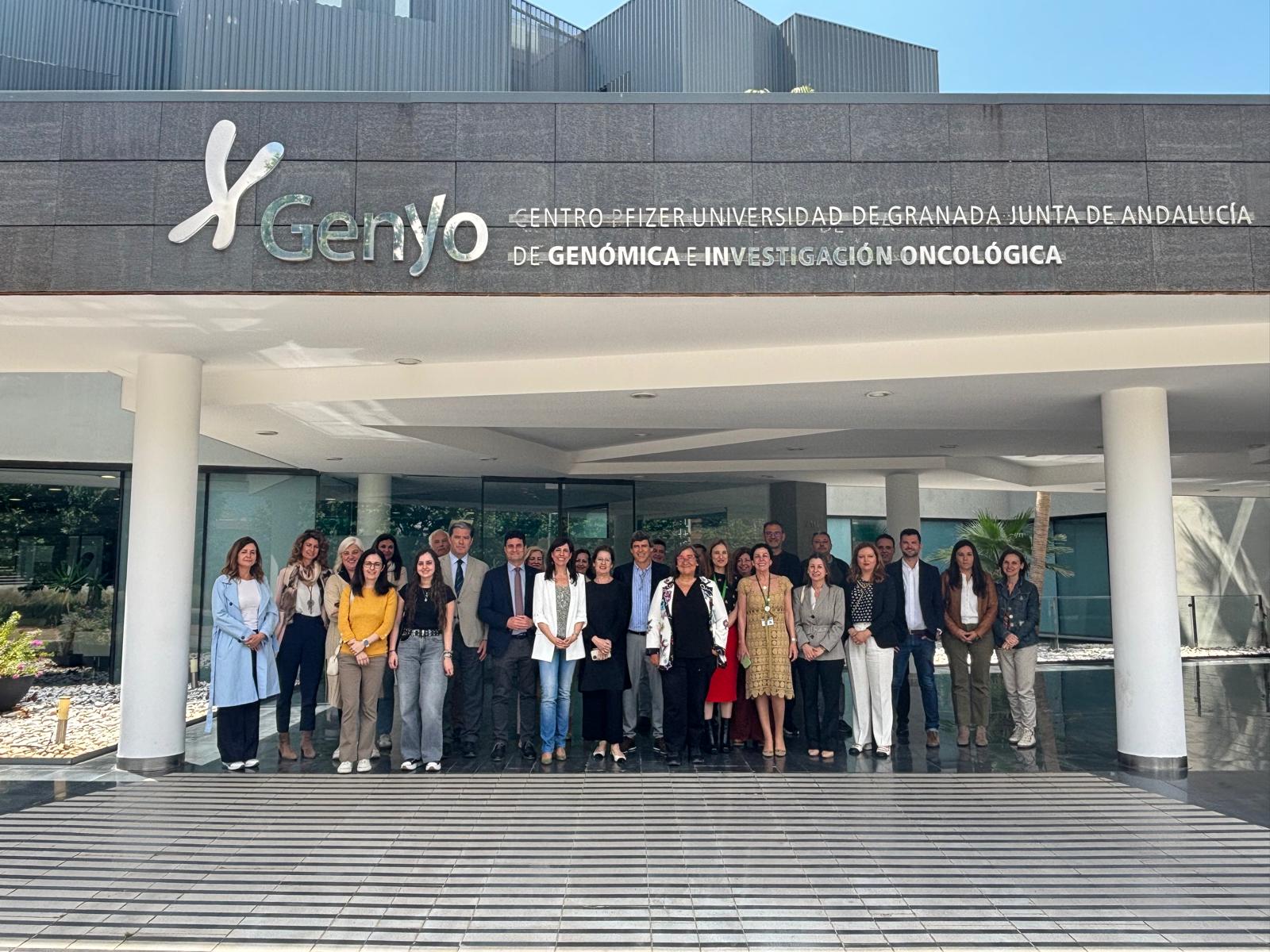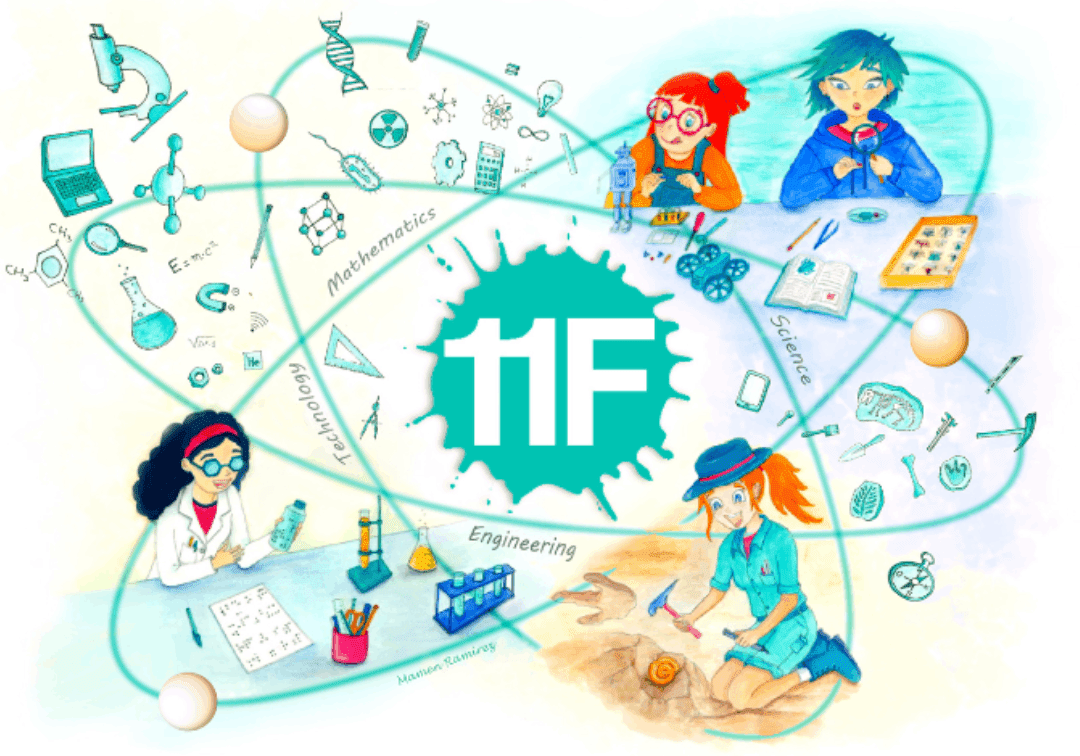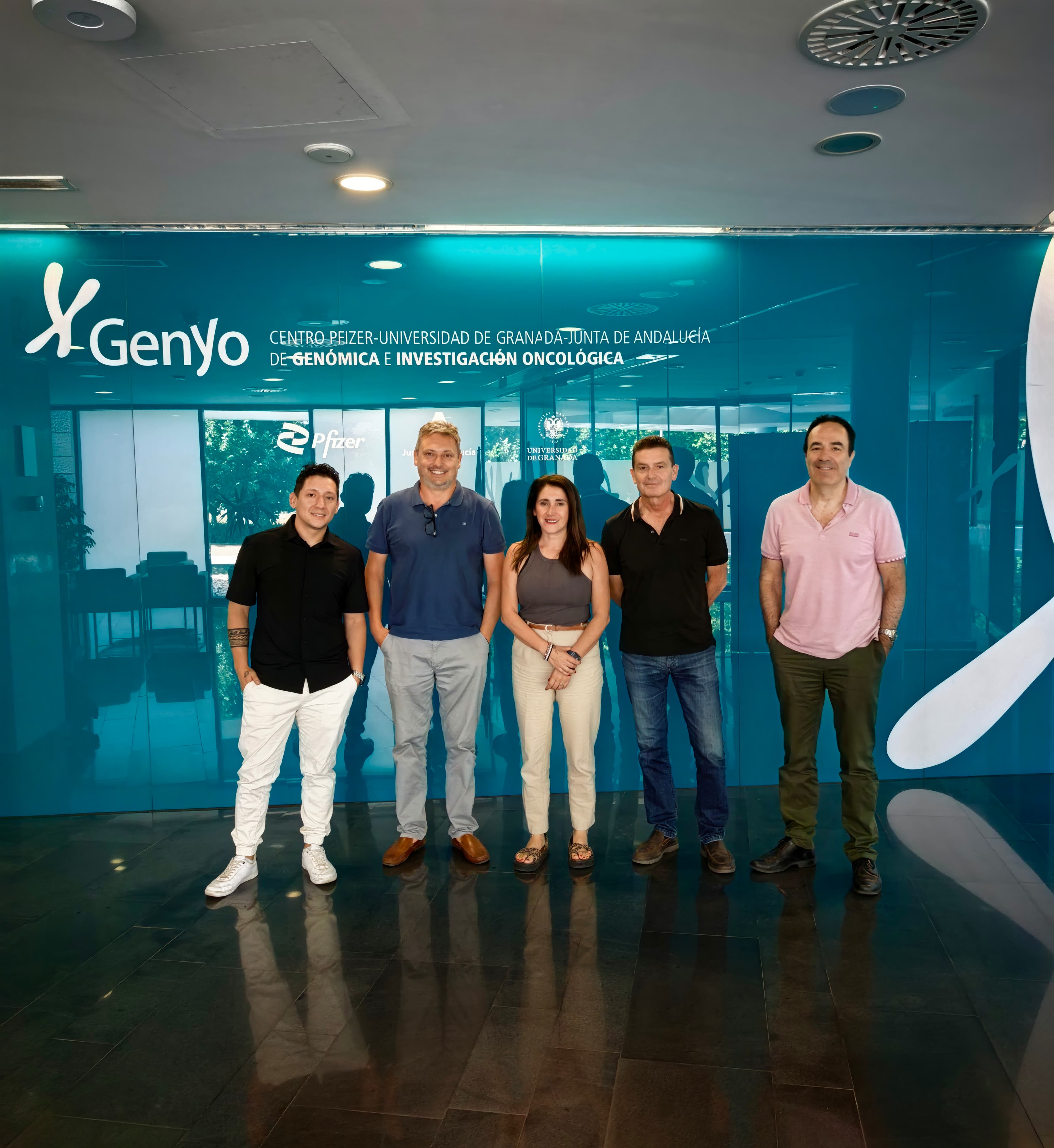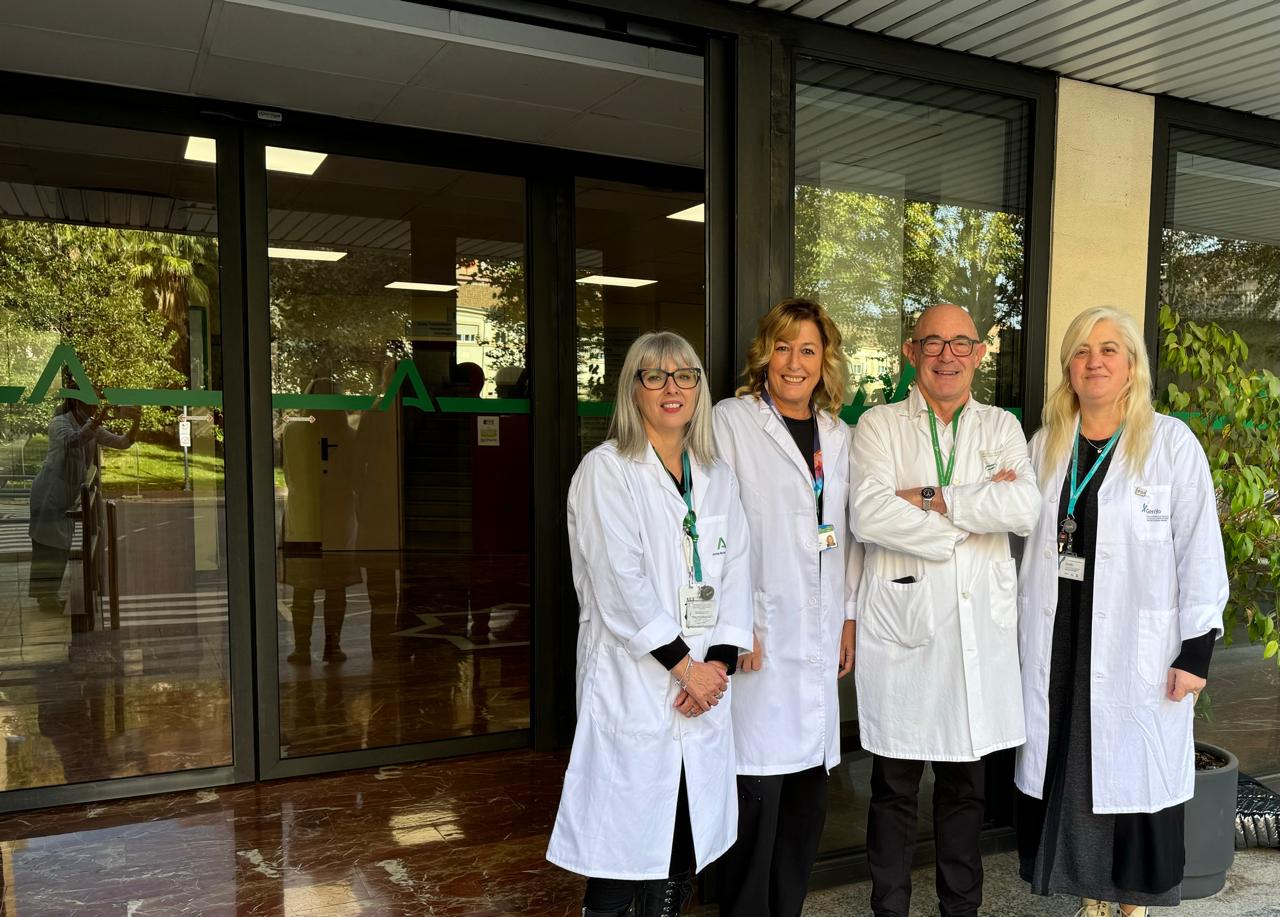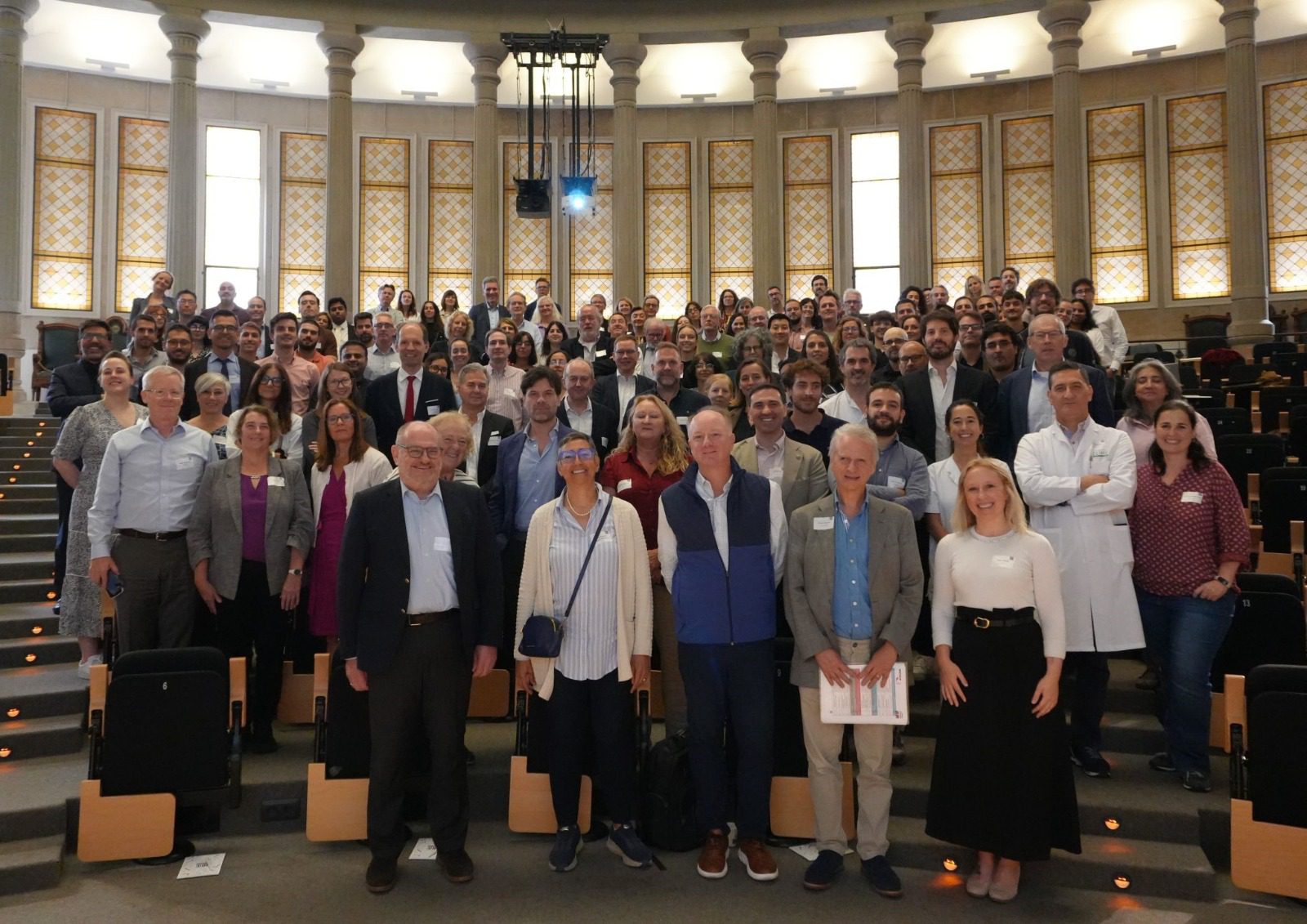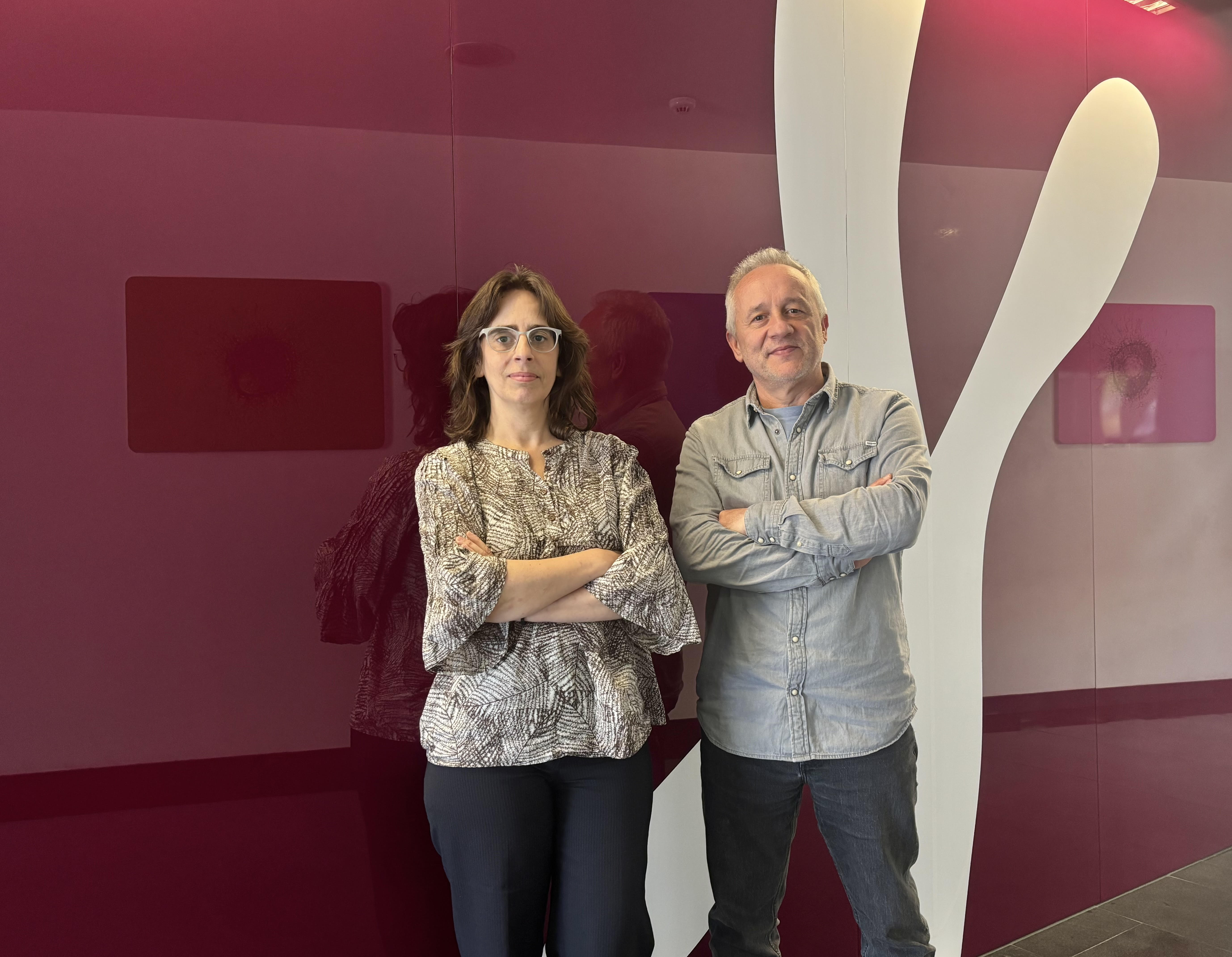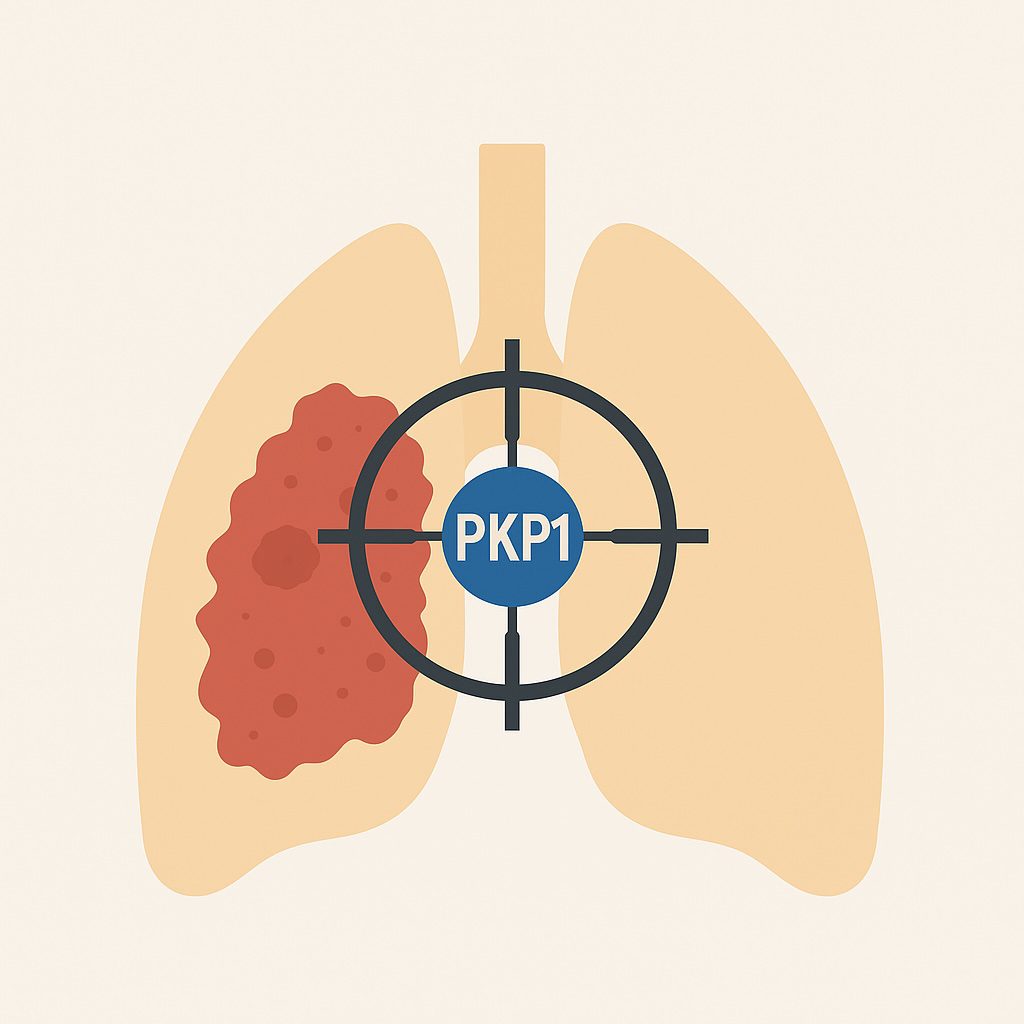
There are no projects in the garbage can.
Imagen recuperada de https://canal.ugr.es/noticia/envejecimiento-empieza-en-las-primeras-fases-del-desarrollo-del-embrion/
This work by researchers from the University of Granada (UGR) and GENyO, published in Nature Communications, opens up a new paradigm in biomedicine by examining the role of the BMAL1 protein in ageing and disease development. They have demonstrated that the BMAL1 protein, known for regulating circadian rhythms, acts as a guardian of the genome in embryos, opening up new perspectives for understanding ageing and the origin of multiple human diseases.
Traditionally, BMAL1 has been studied as part of the “circadian clock”, the molecular machinery that regulates the daily rhythms of the human body. However, this study reveals that, in the early stages of life, this protein acts independently of the biological clock, associating with another protein, TRIM28, to keep retrotransposons—DNA fragments capable of “jumping” within the genome and altering its function—inactive.
The results show that the absence of BMAL1 in mouse embryonic stem cells causes the massive activation of these mobile elements, generating changes in the 3D organisation of the genome and alterations in the functionality of the cells that form the embryo.
See more news


